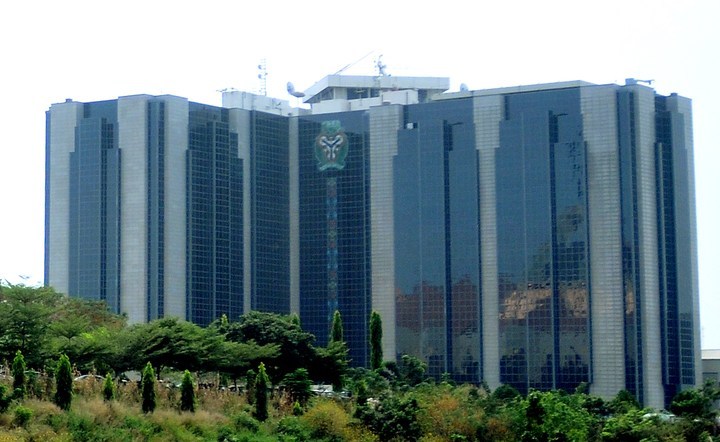
As part of efforts to ensure the stability of the naira, the Central Bank of Nigeria injected $4.37bn into the foreign exchange market in the third quarter of 2020.

According to the CBN in its third-quarter economic report the bank through its periodic interventions in the forex market, continued to boost the supply side of the market, as COVID-19 crisis weakened the private sector supply chain segment of the market.
Part of the report read, “During the third quarter of 2020, total foreign exchange sales to authorised dealers by the bank amounted to $4.37bn, a decline of 2.3 per cent from the level in the preceding quarter. “
This was attributed largely to the decrease in wholesale forward intervention and interbank sales. The total foreign exchange sales represented a decrease of 56.4 per cent, compared with the corresponding quarter of 2019.” It added, “Further disaggregation showed that matured swap transactions and SMIS intervention rose by 50.8 per cent and 0.7 per cent to $1.24bn and $1.96bn, from the levels in the preceding quarter. “However, interbank sales, interventions at the I&E window and SME fell by 22.3 per cent, 18.7 per cent and 3.5 per cent to $0.15bn, $0.39bn and $0.30bn relative to their levels in the preceding quarter.”
Nigeria owes domestic investors N15.8tr

Meanwhile, the Federal Government is owing N15.85 trillion in domestic debts, with almost three-quarters of the debts due to bondholders. The fixed-return debts place obligation on the government to make regular interest or coupon payment and redemption as at when due.
The latest breakdown of the national debts obtained at the weekend showed that the Federal Government owed domestic sovereign bondholders N11.65 trillion, 73.53 per cent of total domestic debts as at third quarter ended September 30, last year.
The report by the Debt Management Office (DMO), which oversees government’s debt issues, indicated that about 17.17 per cent or N2.72 trillion were due to domestic investors in Nigerian Treasury Bills (NTBs) while N100.99 billion or 0.64 per cent and N12.561 billion or 0.08 per cent were due to investors in Nigerian Treasury Bonds and FGN Savings Bonds. Other domestic debts by the government included FGN Sukuk N362.557 billion or 2.29 per cent; Green Bonds, N25.69 billion or 0.16 per cent and Promissory Notes, N971.88 billion or 6.13 per cent. On promissory note obligations, the Federal Government paid state governments N153.82 billion on December 28, 2020 while it is scheduled to pay another tranche of about N31.44 billion on February 18, 2021

Lagos, Rivers, Akwa Ibom lead in N4.19tn subnational domestic debts
Meanwhile, domestic debts owed by state governments and the Federal Capital Territory rose to N4.19tn at the end of the third quarter of 2020, with Lagos, Rivers and Akwa Ibom as the three most indebted, according to the latest data from the Debt Management Office.
The N4.19tn debt represents 20.91 per cent of the country’s domestic debt stock of N20.04tn as of Q3 2020, up from N19.65tn in the previous quarter.


The DMO data showed that subnational governments’ domestic debts increased by N484.24m in Q3 2020, while that of the Federal Government rose by N390bn to N15.85tn. Lagos and four oil-producing states – Rivers, Akwa Ibom, Delta and Cross River – emerged as the top five debtors, with a combined domestic debt stock of about N1.40tn.
The five states accounts for 33.41 per cent of the total domestic debt owed by the subnational governments in the country as of September 30, 2020. Lagos owed N493.32bn as of Q3 2020, accounting for 11.77 per cent of subnational governments’ total domestic debt. Rivers has a domestic debt stock of N266.94bn, which represents 6.37 per cent of the country’s subnational domestic debt stock.















